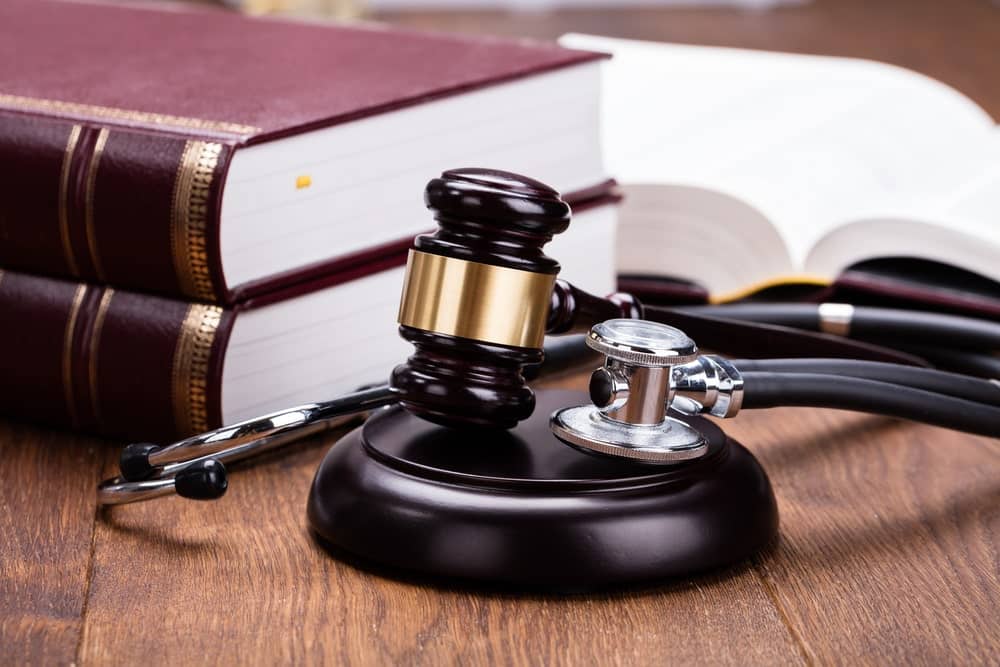Posted in Personal Injury Lawyer
Medical Malpractice Cases
Medical malpractice refers to the negligence or deviation from the standard of care by healthcare professionals that results in harm, injury, or death to a patient. These cases are complex and require a thorough understanding of both medical and legal principles. Here’s an exploration of the key aspects of medical malpractice, encompassing its definition, common scenarios, legal elements, and the challenges involved:
- Defining Medical Malpractice:
Medical malpractice occurs when healthcare professionals, including doctors, nurses, surgeons, or other practitioners, fail to provide the standard of care expected in their field. This failure can lead to harm, injury, or adverse outcomes for the patient. Medical malpractice can manifest in various forms, such as misdiagnosis, surgical errors, medication mistakes, failure to obtain informed consent, and negligence during childbirth.
- Common Scenarios:
Medical malpractice can arise in a variety of situations, including:
- Misdiagnosis or Delayed Diagnosis: Failing to accurately diagnose a medical condition or delaying the diagnosis, leading to worsening health outcomes.
- Surgical Errors: Mistakes made during surgery, such as wrong-site surgery, leaving surgical instruments inside the patient, or performing unnecessary procedures.
- Medication Errors: Administering incorrect medications, improper dosages, or failing to consider a patient’s allergies or potential drug interactions.
- Birth Injuries: Negligence during childbirth that results in harm to the mother or the newborn, such as nerve injuries, oxygen deprivation, or cerebral palsy.
- Failure to Obtain Informed Consent: Not adequately informing patients about the risks, benefits, and alternatives of a medical procedure before obtaining their consent.
- Elements of a Medical Malpractice Case:
To establish a medical malpractice case, certain elements must be present:
- Duty of Care: The healthcare professional owed a duty of care to the patient, meaning they had a responsibility to provide a certain standard of care based on their profession.
- Breach of Duty: There must be evidence of a breach in the standard of care, indicating that the healthcare professional deviated from what a reasonable practitioner in the same field would have done.
- Causation: It must be demonstrated that the breach of duty directly caused the harm or injury suffered by the patient. Establishing a causal link is crucial in proving medical malpractice.
- Damages: The patient must have suffered measurable damages, whether in the form of physical injuries, emotional distress, medical expenses, or other losses.
- Challenges in Proving Medical Malpractice:
Proving medical malpractice is a complex undertaking and involves several challenges:
- Medical Complexity: Medical malpractice cases often involve intricate medical procedures and terminologies. Both plaintiffs and their legal representatives must comprehend the medical intricacies to effectively argue their case.
- Expert Testimony: Expert witnesses, often healthcare professionals in the same field as the defendant, are crucial in validating claims of malpractice. Securing qualified and credible experts willing to testify can be challenging.
- Causation Difficulties: Establishing a direct link between the healthcare professional’s actions and the harm suffered by the patient can be challenging, especially when other factors may have contributed to the outcome.
- Legal Limitations: Each jurisdiction has specific statutes of limitations, setting a timeframe within which a medical malpractice lawsuit must be filed. Missing this deadline may result in the loss of the right to pursue legal action.
- Legal Remedies:
When medical malpractice is proven, victims may be entitled to various forms of compensation, including:
- Medical Expenses: Reimbursement for medical treatments, surgeries, medications, and ongoing healthcare needs.
- Lost Wages: Compensation for income lost due to the inability to work during recovery.
- Pain and Suffering: Damages for physical and emotional distress experienced as a result of the malpractice.
- Punitive Damages: In cases of extreme negligence or intentional misconduct, punitive damages may be awarded to deter similar behavior in the future.
Legal Help
Medical malpractice cases are intricate legal matters that require a careful examination of both medical and legal aspects. Victims of medical malpractice should seek legal representation from experienced attorneys specializing in this field to navigate the complexities and pursue justice. As a critical component of the healthcare system, the pursuit of medical malpractice cases not only compensates victims but also fosters a culture of accountability and continuous improvement in patient care. Consult with a medical malpractice lawyer at Cohen & Cohen for help.
































